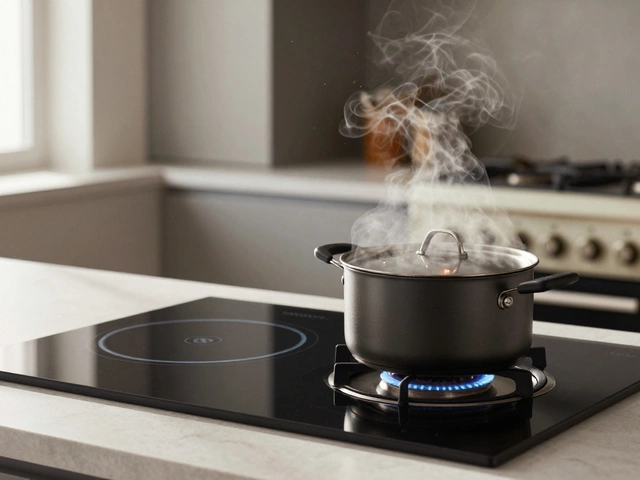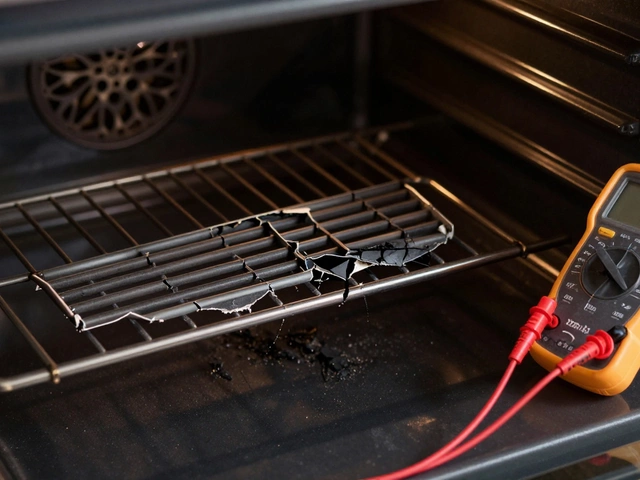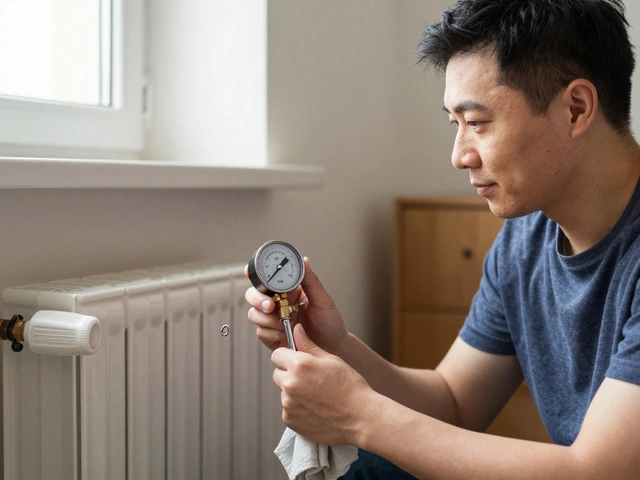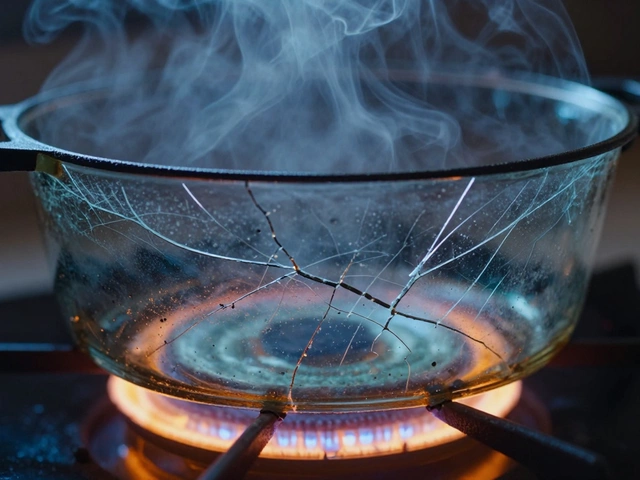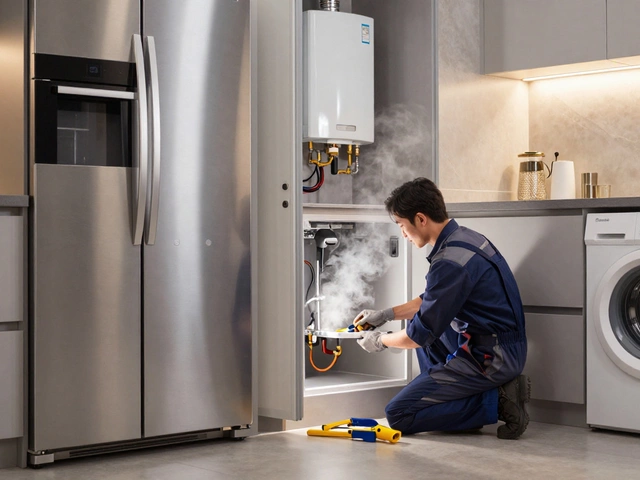HVAC Reliability: Simple Steps to Keep Your Heating and Cooling Working
When your heating or cooling system quits on a cold night or a scorching afternoon, the frustration is real. The good news is most breakdowns are avoidable with a little regular care. Below you’ll find straightforward advice that anyone can follow to keep boilers, heat pumps, water heaters and fans humming reliably.
Regular Maintenance Saves Money
Think of your HVAC as a car. Skipping oil changes hurts the engine, and skipping filter checks clogs the air flow. For a boiler, a yearly inspection by a qualified technician can spot a leaking seal, a worn‑out pump or a cracked heat exchanger before they turn into a costly repair. The same principle applies to heat pumps – clean the outdoor coils, check the refrigerant level and listen for odd noises each spring.
Even the simplest tasks make a big difference. Replace furnace or boiler filters every 1‑3 months, depending on usage. A clogged filter forces the system to work harder, which raises energy bills and wears out components faster. If you have a water heater, flush the tank annually to remove sediment that can overheat the heating element and shorten the unit’s life.
Spotting Common Problems Early
Knowing the warning signs helps you act before an emergency. A boiler that sputters, makes banging sounds, or stops heating the house evenly is likely suffering from air in the system or a failing pump. Heat pumps that struggle to reach the set temperature, or that cycle on and off quickly (short‑cycling), often have a dirty filter or a blocked outdoor unit.
Fans are another hidden weak point. If an extractor fan in the kitchen or bathroom stops turning on, first check the power supply and reset the breaker. A humming fan that doesn’t spin usually has a seized motor – applying a few drops of non‑conductive oil to the bearing can revive it, but if the motor still won’t turn, call a professional.
Water heaters give clear clues, too. Lack of hot water, a rumbling noise, or water leaking from the bottom usually means a broken heating element, a pressure‑relief valve issue, or corrosion inside the tank. When these signs appear, it’s time to decide whether repair makes sense or if the unit is nearing the end of its typical 10‑15‑year lifespan.
Finally, don’t ignore a thermostat that feels off. If the room temperature doesn’t match the setting, the sensor may be dirty or the wiring loose. Simple cleaning or tightening can restore accuracy, preventing unnecessary heating or cooling cycles.
Sticking to these easy checks can keep your HVAC reliable for years, lower your energy bills, and spare you the headache of sudden breakdowns. If you ever feel unsure, a quick call to a local repair service can give you peace of mind and a professional’s opinion before a small issue becomes a big expense.
5 July 2025
·
0 Comments
Curious about which heat pump brand stands the test of time? This in-depth guide compares the most reliable heat pump brands, highlights must-know facts, and offers practical tips for homeowners. Find the best HVAC solution for your home here.
Read more


